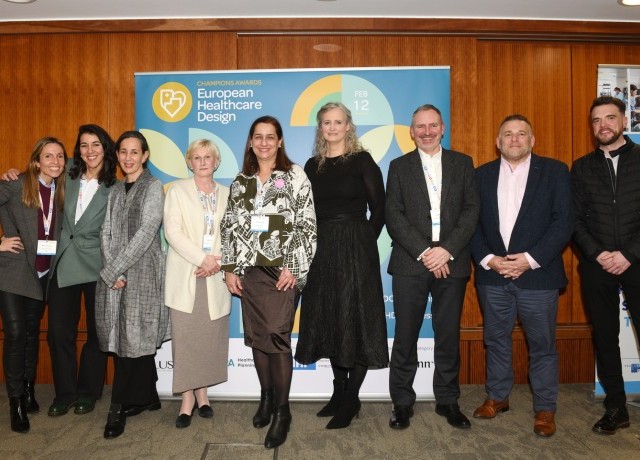How can new hospital programmes learn from national clinical transformation programmes to balance bottom-up and top-down transformation, and deliver locally owned, nationally supported improvement?
The mismatch between population needs and healthcare services is among the biggest challenges facing societies. Without change, new hospitals won’t be able to accommodate demand. The Health Foundation estimates that 23,000-39,000 beds will be required by 2030 to deliver pre-pandemic rates of care. The turnaround experience of the Royal Adelaide Hospital demonstrates the risks are real for healthcare providers and patients.
Capital investment in estates is a critical enabler of transformation: new models of care and ways of working that allow health and care services to better meet the needs of local populations and reduce the size required of new hospitals. The challenge is to embed meaningful transformation in capital programmes to deliver new hospitals.
This paper will present the experience of clinical change programmes at national and regional level – including quality improvement within mental health, urgent care initiatives like Think 111 First, and other transformation programmes in the context of Covid-19, as systems struggled with reduced capacity as a result of social distancing.
These programmes have succeeded because they balance bottom-up and top-down transformation, ensuring locally owned, nationally supported change. Capital programmes must therefore balance bottom-up transformation led by clinical teams, with top-down clinical strategy and alignment to funding constraints.
Transformation programmes within same-day emergency care and mental health services demonstrate the breadth and depth of work required. Transformation must be system- wide, with meaningful collaboration with primary and community care and shared ownership of solutions. Every lever for transformation must be considered, allowing improvement in population health and prevention; more care closer to home; escalation to the most appropriate acuity; productivity improvements; and patient-led, digitally enabled pathways.
True transformation is iterative and often messy. The NHSE Change Model emphasises “plan, do, study, act” cycles – iterative experiments that build knowledge and allow gradual
progress towards intended outcomes. That poses a challenge for capital programmes, which too often plan for transformation to begin on opening day. National clinical change programmes suggest this iterative process must begin before capital programmes mature and run in parallel, developing understanding of the transformative change possible, and enabling the calibration of health planning assumptions.
Event news
Digital hospitals – enabling designs that enhance patient care
5th November 2024
Dual-purpose emergency department: Cairns South Health Facility, Queensland
18th September 2024
Investing in urban renewal and health equity
21st March 2024
Health equity: Marmot Cities
20th March 2024













